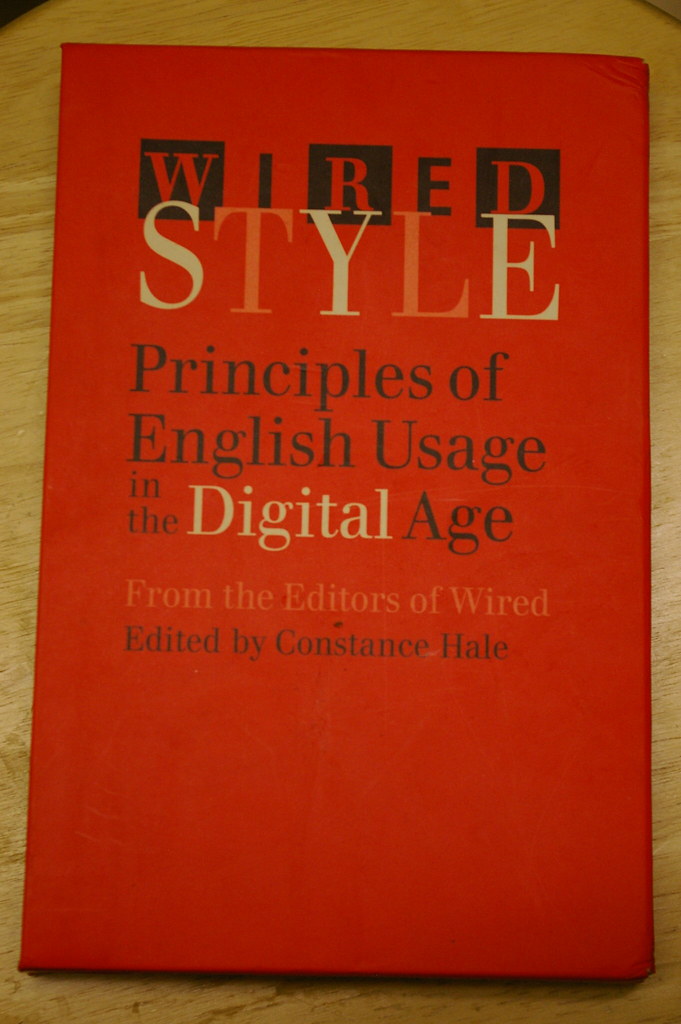Guanxi
56minus1 :: » guanxi in the Chinese web :: – the rapid rise of Chinese social media has resulted in changes in guanxi. This means more pressure on the government to take action bypassing guanxi. Influencers and experts with a following have a new form of guanxi
Business
Yahoo Announces Next Steps in Open Strategy
What Yahoo Should Do « blog maverick – Yahoo! should go big and buy companies up cheap whilst it can to bulk up on places it could monetise, its open strategy could be leveraged as an advantage to make that happen
Consumer behaviour
Youth Marketing Statistics: Traditional Media Sparks Web Searches for 84% of Digital Influencers
Social media more popular than ever / we are social – nice bit of research from Robin and the guys at we are social
50 Youth Marketing Trends for 2009 (Part Two 26-50)
10 Articles on Ethnographic Research 26 Dec 08
Culture
Sk8’ers find heaven in foreclosure
Economics
Forecasts: Get ready for a three-year recession – no compelling reasons for the economy to snap out of it
FMCG
‘Ugly Betty’ Inspires Dove Campaign in China – Unilever had to go back to the drawing board as Chinese women believed that “a model on billboards is something that women do aspire to, and feel is attainable” so the real beauty concept fell on its ass.
Germany
Schober Group – German list broker
Hong Kong
Michelin rates Hong Kong, but with which yardstick?
Black Cross – cool Hong Kong streetwear shop
How to
Apple – Business – Theater – Apple’s quick tips theatre
LinkedIn: Answers: Home – very handy facility if you are on LinkedIn
How to Hold a Digital Camera
Phil Windley’s Technometria | Moving Jobs Between Printers in OS X
21 Settings, Techniques and Rules All New Camera Owners Should Know
Tweet Manager Twitter App For Complete Twitter Automation – hmm a spam marketers delight, be afraid`
10 Articles on Working the Idea Cloud, Crowdsourcing and Product Development 30 Dec 08
Japan
JET SET – legendary Japanese record store, another reason why I love Japan
Web 2.0 Asia :: Google might become the top dog in Japan – this is really disappointing, particularly as Asia was the one bright spot in the Yahoo! network
Japanese business confidence hit hard – International Herald Tribune
Album of Photographs of Japan – a set on Flickr – cool copyright free pictures from the New York Library
Korea
Top Interent News in 2008 – KoreaCrunch
Legal
A Chill on ‘The Guardian’ – The New York Review of Books – interesting discussion in the Tesco Tax Avoidance case.
Digital Design Blog » Tracking Social Influence: Razorfish Files Patent For Social Media Action Tag
Marketing
South African brand trends for 09 « Underfield
Communities Dominate Brands: From James Bond’s invisible Aston Martin to the visible non-car in Ford’s Ka Find It campaign – interesting discussion on the web of no web
Building Relationships is More Important Than Building Links Alone – this completely closes the gap between search agencies and PR agencies if the SEO guys wake up to it
The plight of branded apps and the future of social marketing » VentureBeat – brand apps on Facebook are a bust
The Secrets of Marketing in a Web 2.0 World – WSJ.com – basics of web 2.0 for senior management
Media
Content Sites Bracing For 50% Revenue Slowdown
Digging In To MySpace And Facebook’s (Projected) Slump In Ad Sales | paidContent.org
Tough Love For Microsoft Search
Online
cmypitch.com – social network for start-ups and small businesses
Twitblogs – Sam Sethi’s new business, not sure what the point is though.
Beet.TV: Ning has 600,000 Networks, Gina Bianchini Writes in The New York Times
Software
Things – task management on the Mac
Telecoms
SwissCom Tries To Deflect Criticism Of Le Web Internet Failure – Arrington calls SwissCom liars.

